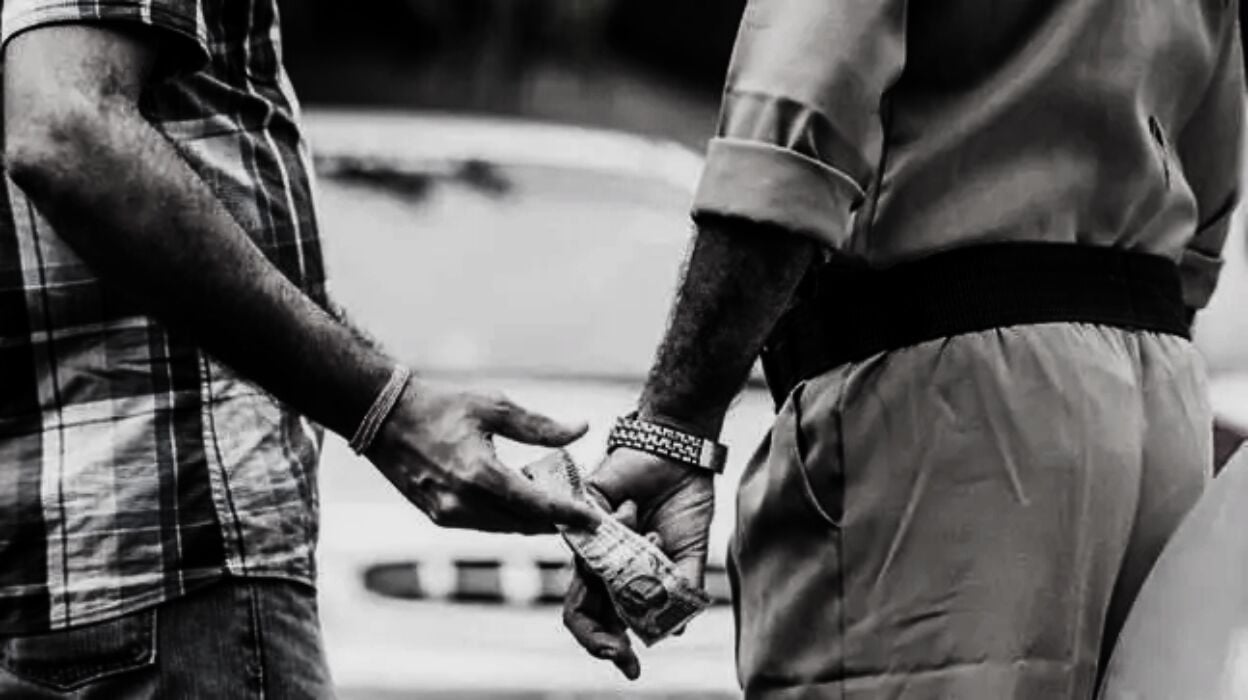Police stopped you? Here’s how to handle it

So the Royal Thai Police (RTP) have stopped you and you are worried they might ask for some cash “off the books” to let you go. What do you do in this delicate situation?
If you find yourself in a situation where you are stopped by the RTP, it is important to remain calm and follow a few basic guidelines to protect yourself. While the vast majority of the RTP are there to do their job and protect citizens and visitors, there may be a few who try to take advantage and attempt a shake-down.
When stopped, do not admit to anything or agree to have your photo taken. If the police request to see your passport and ID, it’s best to comply but then politely ask for your ID back. You are also entitled to ask for the identification of any police officer that stops you.
If a search is conducted, allow it to happen but ask for someone to act as an independent witness. It is within your rights to use your phone to record the process as long as it does not interfere with the search.
Do not sign any documents, especially if they are written only in Thai.
If the situation is serious, such as a crash or drug possession accusation, insist on contacting a consular or embassy representative of your country. Always remain polite and do not cause a scene.
If a fine or payoff is mentioned, be firm but polite in your refusal and ask for an interpreter, consular official, or Tourist Police representative to assist you.
That said, if you were caught red-handed, keep in mind an on-the-spot fine may be cheaper than full prosecution. A minor offence like vaping, small amounts of drug possession, drunk driving, or speeding may come with negotiable fines. If advised by the Tourist Police or a consular official, it may be best to pay the fine to avoid further trouble.
Bear in mind that saving face is an important and persistent part of Thai culture. Being combative or confrontational may goad the police into harsher actions to save face and maintain authority. So avoid demanding to see a lawyer or getting angry, and make sure to allow them to control the conversation, answering politely the questions asked of you.
In rare cases, the police stopping you may not be actual, legitimate officers, so it is important to be vigilant and protect yourself. If you have doubts about their authenticity as police officers, wait for additional witnesses to arrive before taking any steps. Stay alert when an individual claiming to be a police officer attempts to search you or your belongings.
So if you are stopped by the RTP, stay calm, remain polite and avoid causing a scene or demanding to see a lawyer. If advised by the Tourist Police or consular official, it may be best to pay an on-the-spot fine for minor offences.
Latest Thailand News
Follow The Thaiger on Google News:


























